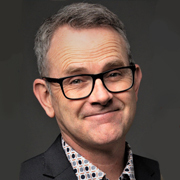
Paul Yates
Writer, producer and actor Paul Yates is a comedic "everyman". His CV includes sketch shows Facelift and Telly Laughs, pre-teen series Freaky and The Killian Curse, and teen sitcom Girl vs Boy. He’s written for popular sitcoms Willy Nilly and Sunny Skies, and is producer and co-writer for Wellington Paranormal, the hit spin-off from 2014 movie What We Do in the Shadows.
They were doing a big sweeping shot and all I had to do was say, 'Proceed to sector seven', but I started speaking too early. A minor mistake, but James Cameron was like 'Hey! What the eff are you doing, Paul? You dropped the ball!' I was like, 'Oh my God! James Cameron swore at me!' Paul Yates on playing a small role in James Cameron's 2009 blockbuster Avatar
Jon Bridges & Paul Yates - Funny As Interview
Interview, 2019
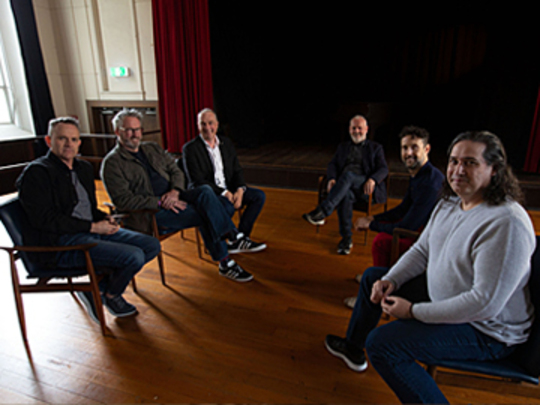
Facial DBX - Funny As Interview
Interview, 2019
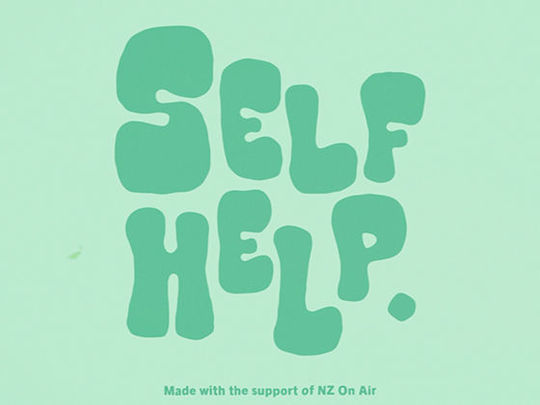
Self Help
2022, Executive Producer - Web
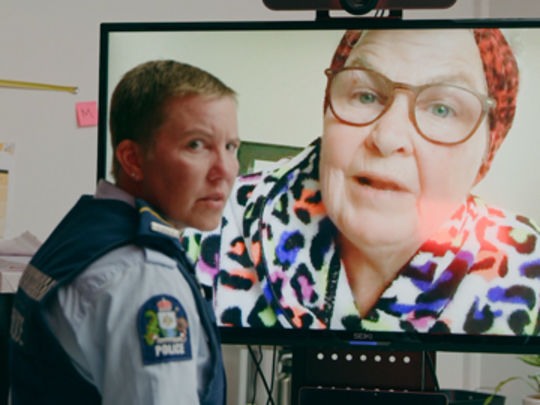
Wellington Paranormal - Covid-19
2020, Director, Writer - Web
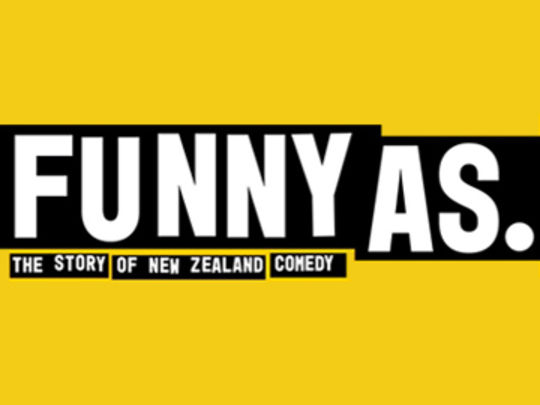
Funny As: The Story of New Zealand Comedy
2019, Subject - Television
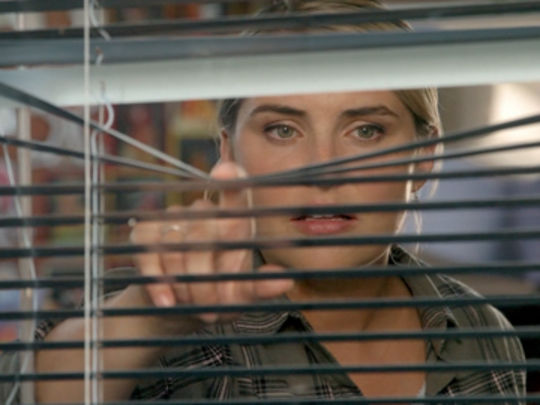
Mean Mums - First Episode
2019, Storyline Editor - Television
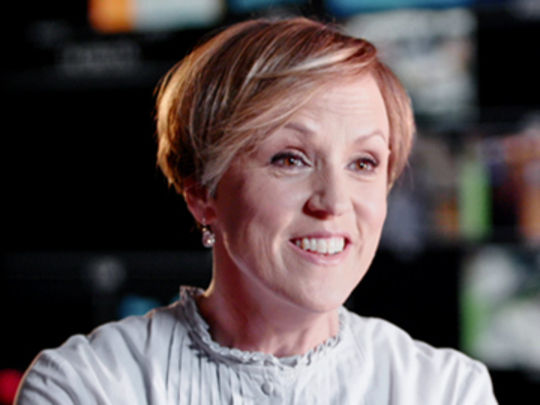
NZ On Air 30th Birthday - Wellington Paranormal
2019, Producer - Wellington Paranormal - Web
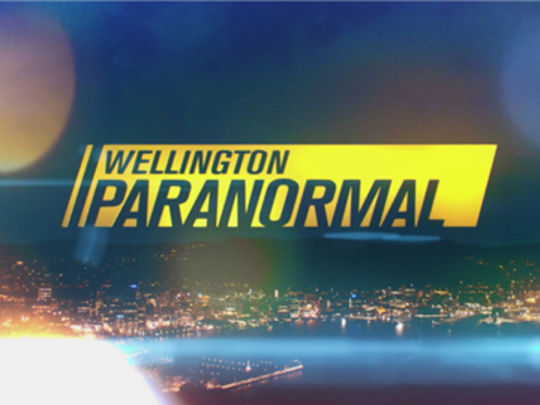
Wellington Paranormal
2018, Producer, Writer, Storyliner, As: Possessed husband - Television
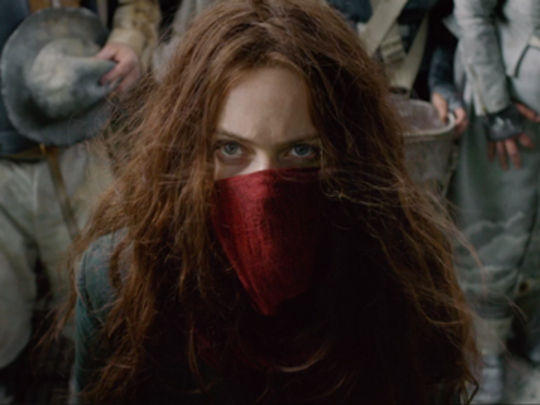
Mortal Engines
2018, As: Dietrich - Film
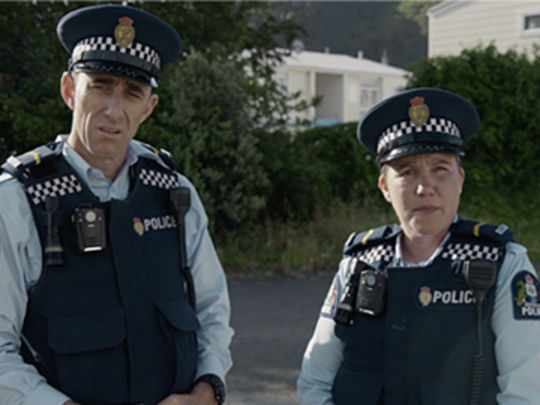
Wellington Paranormal - Excerpts
2018, Producer, Storyliner - Television
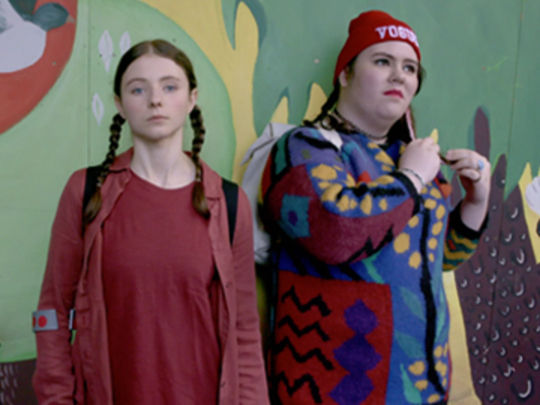
Lucy Lewis Can't Lose - Series Two
2017, Director, Producer, Script Editor - Web
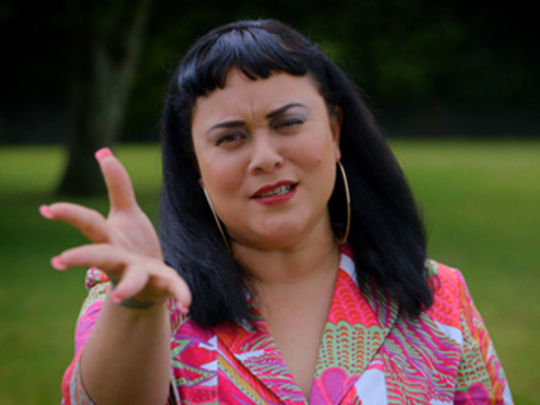
Only in Aotearoa - First Episode
2017, Script Editor - Television
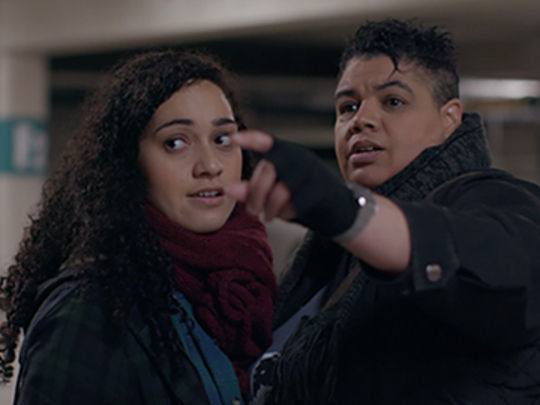
Pot Luck - Series Two
2017, As: Mike - Web
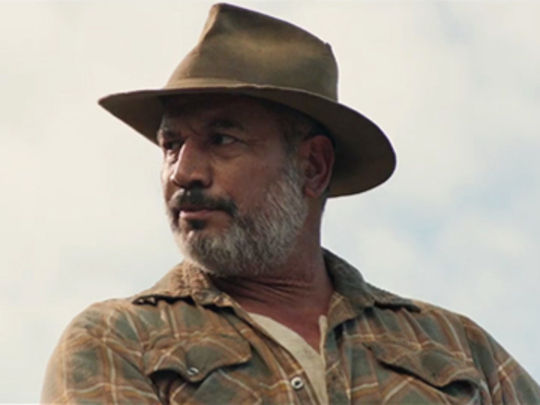
Mahana
2016, As: Minister - Film
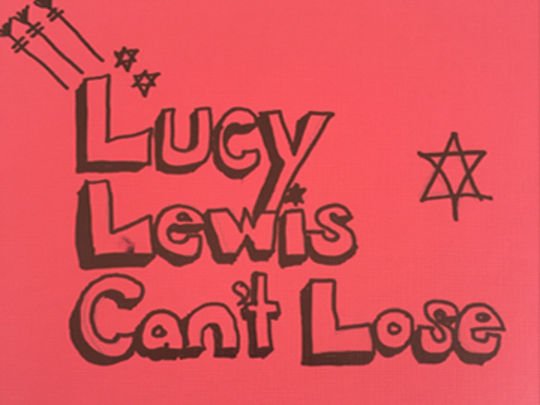
Lucy Lewis Can't Lose
2016 - 2017, Director - Web
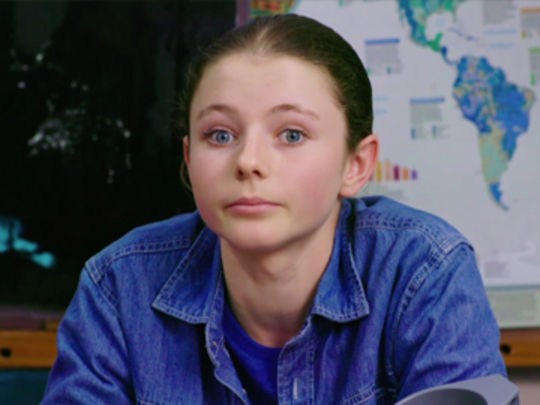
Lucy Lewis Can't Lose - Series One
2016, Director, Producer, Script Editor - Web
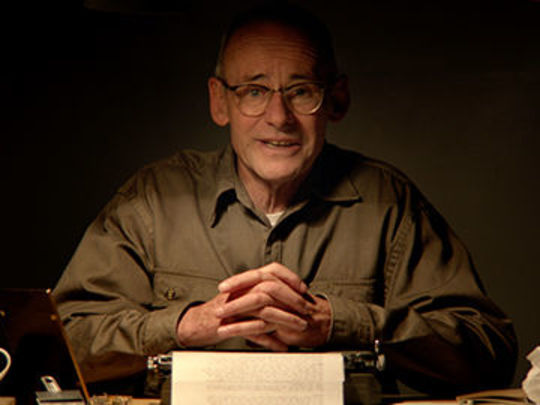
How to Murder Your Wife
2015, As: Larsen - Television
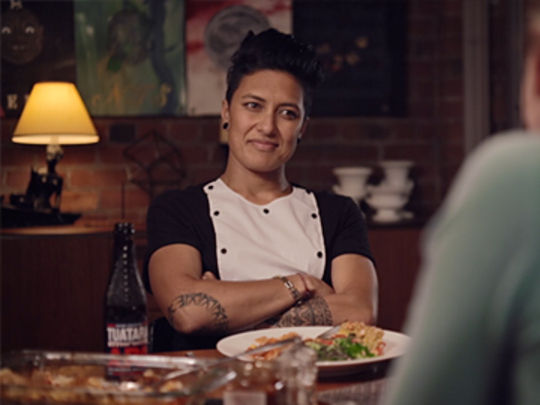
Pot Luck - Series One
2015 - 2016, As: Mike (Episode 2 and 5) - Web
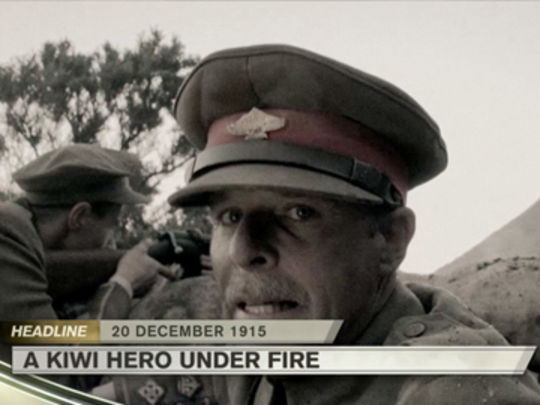
War News - The Gallipoli Evacuation (excerpt)
2014, As: Joe Stevens (reporter) - Television

Girl vs. Boy - Series Two
2013, Storyliner, Writer (episodes 2 & 6), As: Bob (Tim's dad) - Television
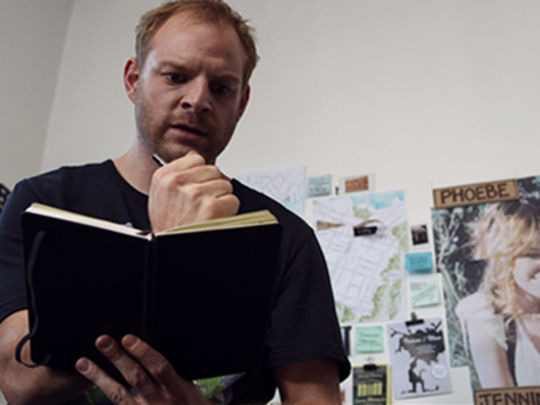
How to Meet Girls from a Distance
2012, As: Veterinarian, As: Veterinarian at cafe - Film

Girl vs. Boy
2012 - 2014, As: Bob, Writer - Television
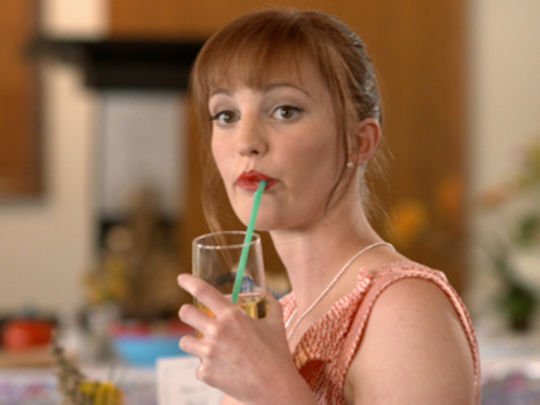
Girl vs. Boy - Series One
2012, Writer (episodes 1 & 6), As: Bob (Tims' Dad), Story - Television
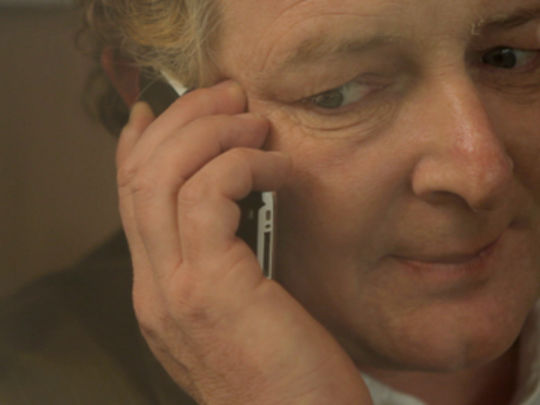
The Banker, the Escorts and the $18 Million
2011, As: Priest #1 - Television
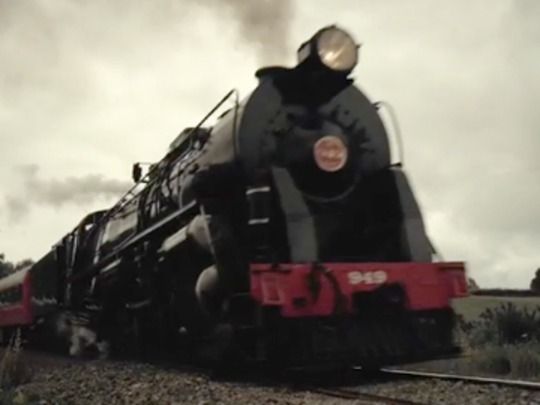
Tangiwai - A Love Story
2011, As: Cyril Ellis - Television
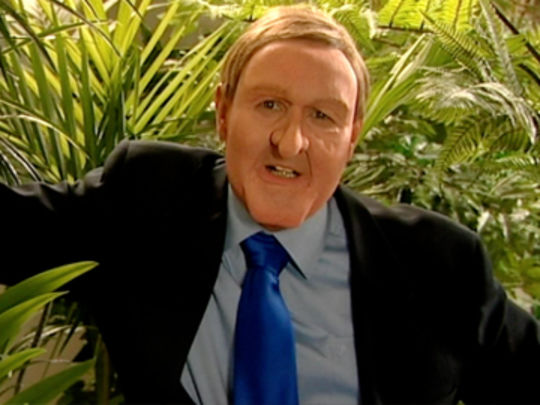
Facelift - Series Four, Episode One
2007, As: Various roles, Writer - Television
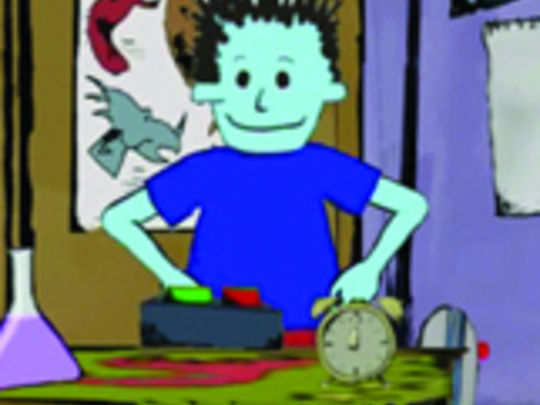
The Simon Eliot Show
2007 - 2008, Writer - Television
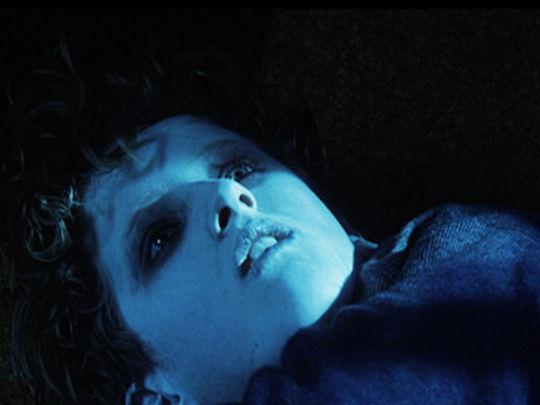
The Killian Curse - First Episode
2006, Writer, As: Mr Timmins (teacher), Script Editor - Television
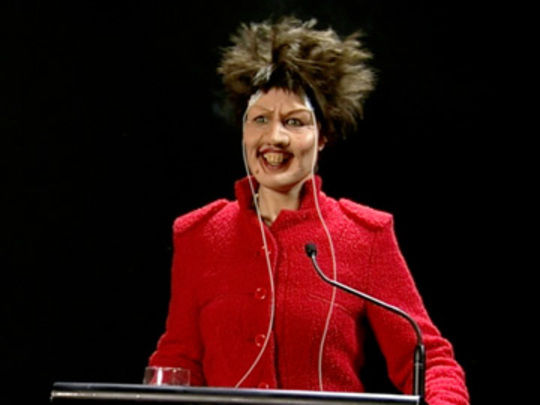
Facelift - Series Three, Episode One
2005, As: Mark Sainsbury, various roles, Writer, Script Editor - Television
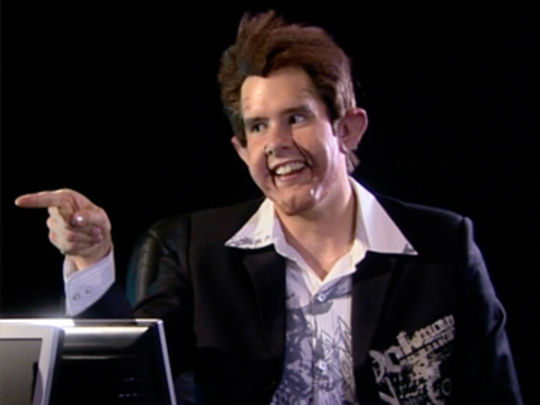
Facelift - Series Two, Episode One
2005, As: Various roles, Script Editor - Television
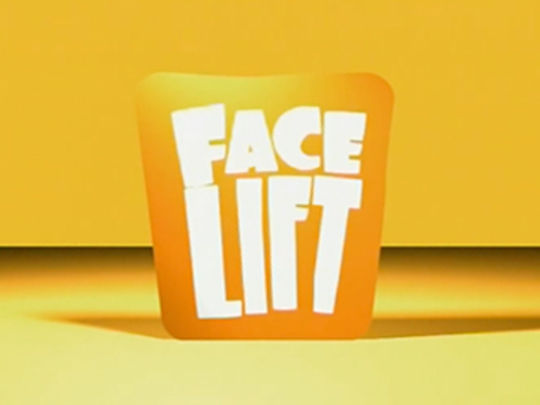
Facelift
2004 - 2007, As: Various roles, Writer - Television
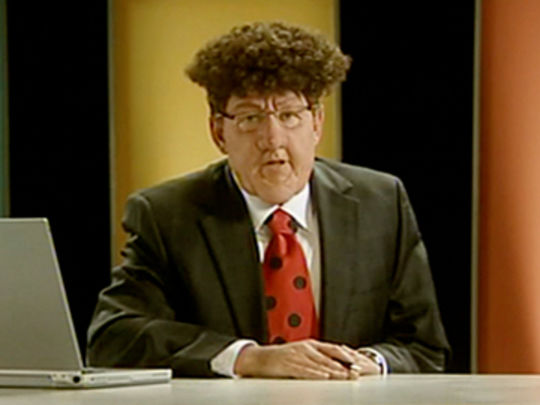
Facelift - Best of 2004
2004, As: Various roles, Script Editor - Television
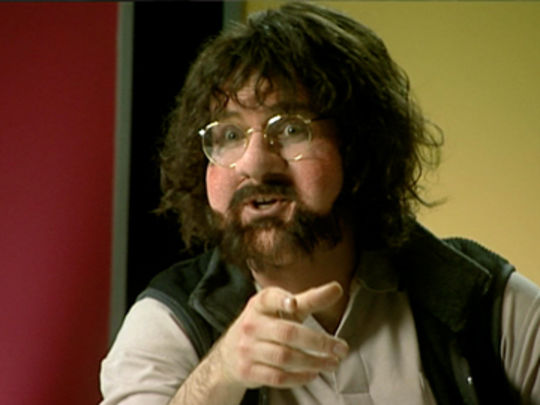
Facelift - First Episode
2004, As: Various roles, Script Editor - Television
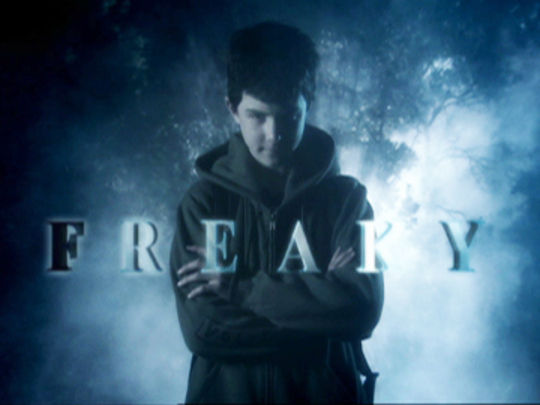
Freaky
2003 - 2005, Script Editor - Television
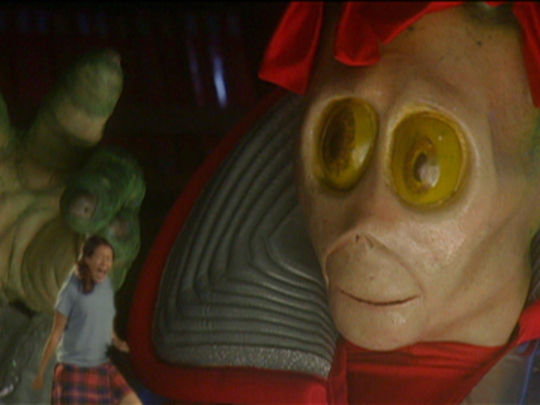
Freaky - First Episode
2003, Writer - Lab-Rats, Script Editor - Television
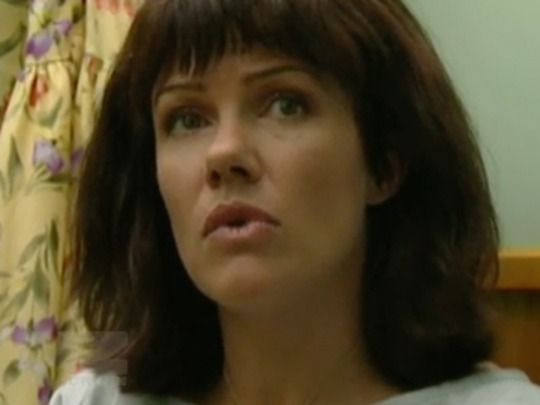
Clare
2000, As: Dr Jamieson - Television
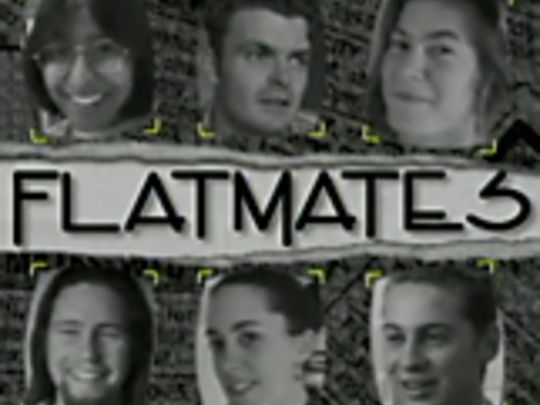
Flatmates
1997, Actor - Television
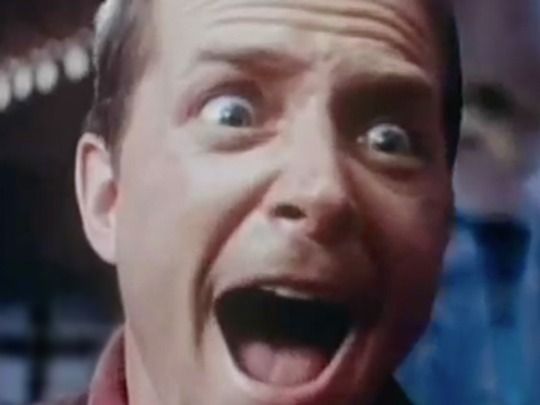
The Frighteners
1996, As: Deputy - Film
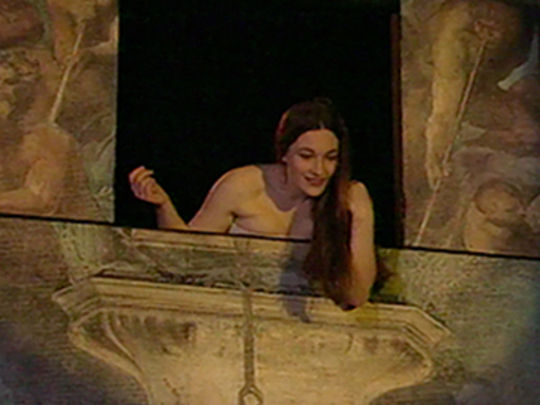
The Edge - Series One, Episode 13
1993, Subject - Television

Shortland Street
1992 - ongoing, As: Fatal MC - Television
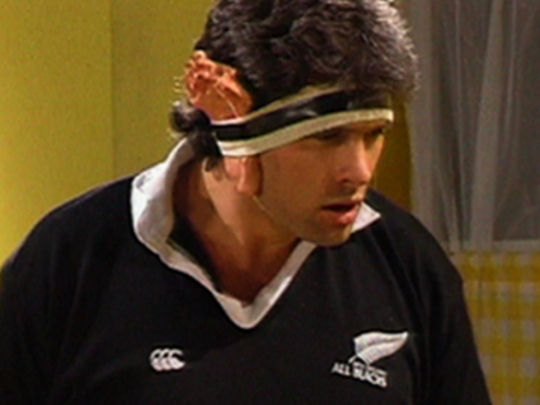
Away Laughing - Series Two, Episode One
1992, As: Brian the fireperson, Blind Mate host, various roles, Writer - Television
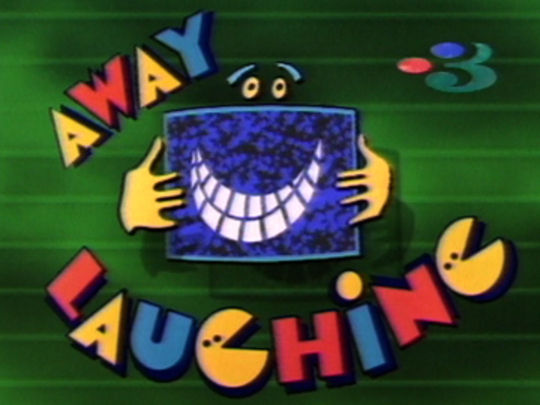
Away Laughing
1991 - 1992, As: Various roles, Writer - Television
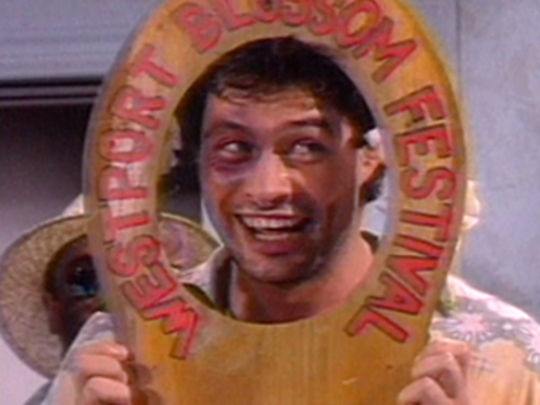
Away Laughing - First Episode
1991, As: Various roles - Television
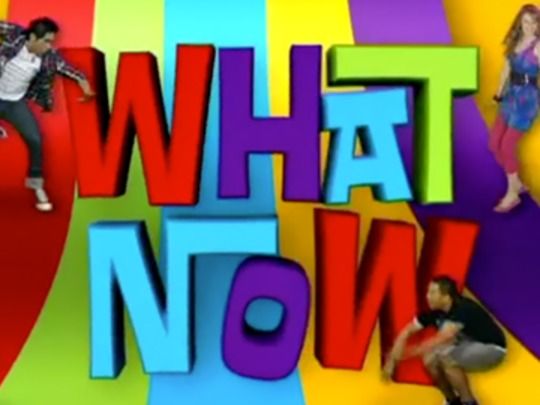
What Now?
1981 - present, Director, Writer - Television